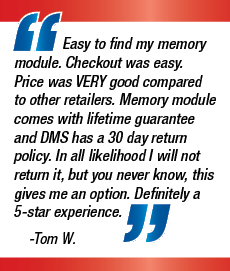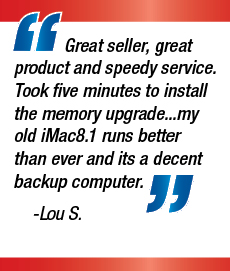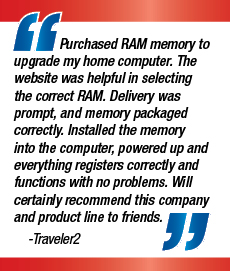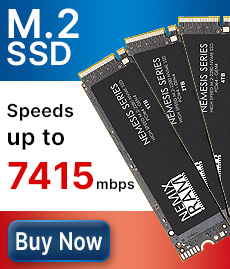The largest manufacturer of memory chips in the US, Micron Technology Inc., has reported a much larger fourth-quarter loss than expected for the period than ended August 30th. Their net loss was $243 million, compared with just $135 million a year earlier, and the lower revenue is said to be due to a lacklustre demand for personal computers. The shrinking demand has seen sales of DRAM (dynamic random access memory) fall by 9% in the previous quarter, and many experts are saying this is a bad
sign for those involved in the personal computer business; if the quarter ahead of the holiday season, as well as the quarter directly before the launch of Microsoft's highly anticipated Windows 8 cannot reignite interest in purchasing computer memory, the chances of a reinvigoration in the near future look unlikely.
Companies such as Apple and RIM, who mainly manufacture handheld and portable devices, are keen to jump on the so-called 'post-PC era' bandwagon, but it's been predicted in many quarters that the personal computer will continue to hold its own. HP executive Todd Bradley believes that it will be the partnership between such handheld devices and PCs which will see the greatest evolution in the coming years.
"Tablets will occupy a unique place," he says. "PCs will occupy a unique place. But and more with the ability to work together." There is no dismissal for either personal computers or tablets and smartphones, because the fact remains that each device has advantages that its competitors will never be able to match up to. Smartphones and tablets have a portable aspect which the PC will never be able to match, but PCs provide a fixed workstation that will always benefit a
workplace or home office environment. The processors in PCs are generally agreed to be much stronger than those in portable devices due to their space restrictions, with PC users also able to add DRAM or RAM memory to their system whenever they feel it necessary. This is not yet possible with portable devices, but it is widely acknowledged that huge steps are being taken to ensure high memory levels in the devices in future.
Similarly to the HP Vice President, Canute Otellini, CEO of Intel, has vehemently denied the demise of the personal computer. "The PC isn't going away any time soon. If ever," he told BusinessWeek.
These extreme dips in demand for computer memory may sound like gloomy indications of the future for PCs, but they will have one huge benefit for customers; manufacturers will now need to up their game in regards to prices and packages to ensure their customers do not look elsewhere for their PC memory needs. The competitive nature of the market will likely result in lower prices for consumers and allow them to perform memory upgrades on their systems for much less than they did in previous
years.
To browse the whole range of Data Memory Systems hard drives and to buy online, visit http://www.datamemorysystems.com
About Data Memory Systems: The Data Memory Systems' team wants to provide the best possible quality PC memory and Apple memory at the lowest prices. They offer great service and value for your money. Whether you have a Dell, HP, Sony, IBM or Apple Mac system, they have the compatible memory for your device.









